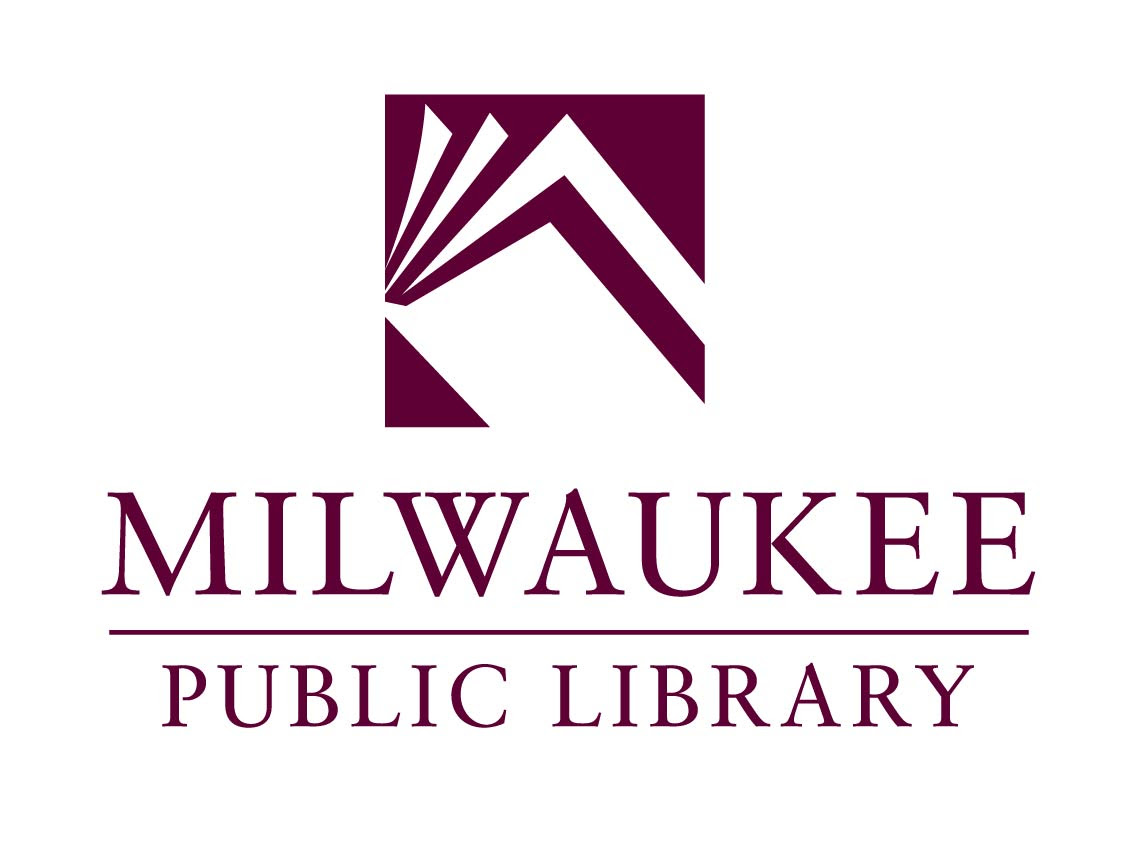Personification: A Social Justice Prompt
Prompt Against Anxiety #21 | from Derrick Harriell, author of Stripper in Wonderland, Cotton, and Ropes. Originally from Milwaukee, Harriell directs the MFA Creative Writing Program at the University of Mississippi.

Hip hop-lyricism and poetry can be seen interchangeably. Meaning, both artistic forms of expression are grounded in the use of similar sonic, lyrical, metaphorical, and metric ethos. In 1996, the rapper Nas released the song “I gave you power” on his classic album It Was Written. In the song, a gun is personified and given voice. We, the listener, then embark on a journey in which we’re made privy to the nuances and emotional consequences associated with the misuse / abuse of a weapon (or gun). For example, at one point the gun states the following:
I seen some cold nights and bloody days
They grab and me bullets spray
They use me wrong so I sing this song til this day
My body is cold steel for real
I was made to kill, that's why they keep me concealed
Under car seats they sneak me in clubs
Been in the hands of mad thugs
They feed me when they load me with mad slugs
Seventeen precisely, one in my head
In May 2020, civil unrest began after the brutal murder of George Floyd at the hands of Minneapolis, MN, law enforcement. What subsequently transpired were national protests by citizens wanting justice and the prosecution of those responsible for Floyd’s murder. Not soon after, in August 2020, 29-year-old Jacob Blake was shot seven times in the back by Kenosha, WI, law enforcement. Like the aftermath of the Floyd murder, this extreme and brutal misuse of force ignited national protests and local (Kenosha) resistance.
The struggle for equality and social justice is ongoing and as old as our country (the United States) itself. While the aforementioned song, “I gave you power,” is not directly in conversation with police brutality, it demonstrates how personification can be used to highlight difficult and delicate social / civil conversations. Nas is using the personification of the gun to speak to the horrors of street violence. This smartly offers a perspective that is both fresh and places us squarely in the scariest spaces within the conversation.
This is a social justice writing prompt. In thinking about our country’s history of civil unrest and protests for equal rights and civil liberties, write a poem in which the speaker is the personification of an object associated with this legacy. This personified object could range from a gun (as aforementioned) to handcuffs, bullhorn, squad car, marching shoes, fist, etc. The question you should first ask yourself is “what statement am I attempting to make through this poem or what conversation am I attempting to have.” The answer to this question should then inform which personification can best serve as a vehicle to make that statement / commentary. It might be productive to start listing the attributes of several objects whose voice you might be interested in incorporating. For example, if you are interested in giving a marching shoe a voice, you might ask: "What are the components of a shoe?”, “Shoes already have a tongue so how might that add to the personification?”, “How and why do shoes get worn and how might that relate to those who say they’re tired of injustice?” This poem can be as short or as long as you’d like.
I hope you enjoy this prompt and that it allows you a space of catharsis while considering the nuances of social justice through an imaginative lens.
Prompts Against Anxiety is sponsored by Milwaukee Public Library, an anchor institution that helps patrons read, learn, and connect—to our resources and our community. Now more than ever, stay connected, stay home, and stay safe.
More from this series
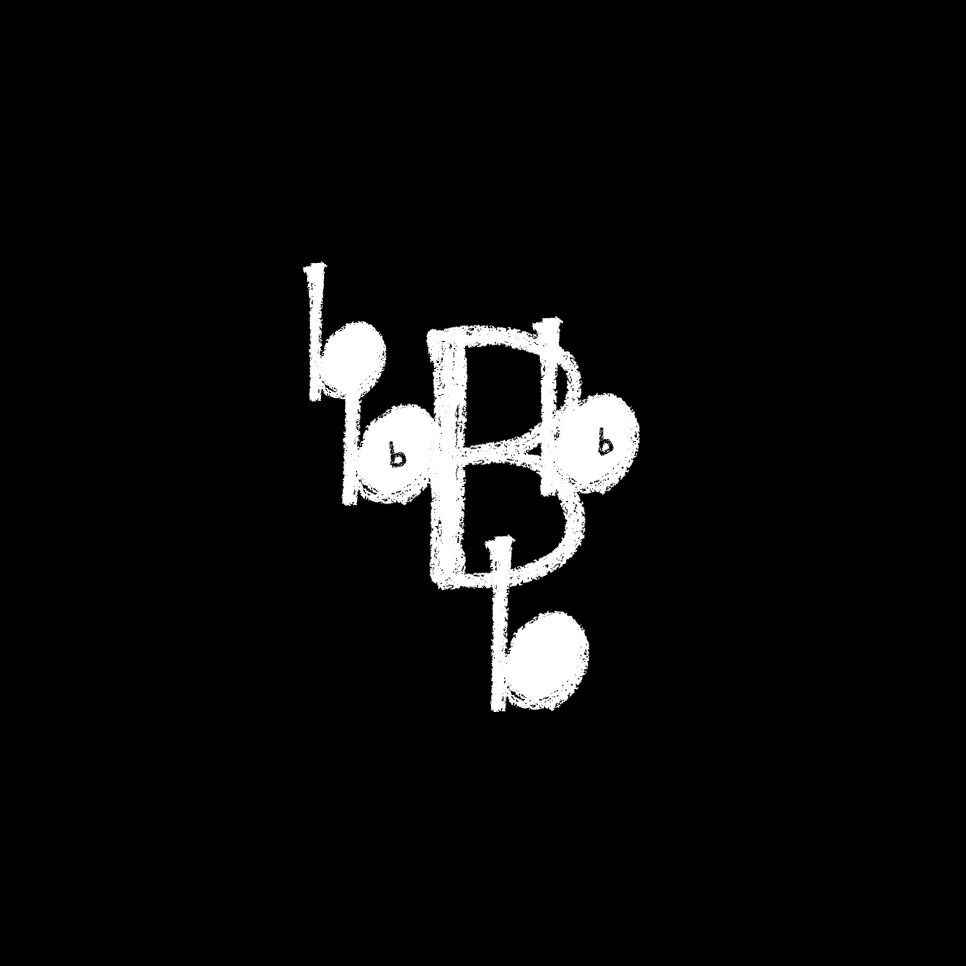
The Word was in the beginning but it is made of letters.Prompt #40—giovanni singleton

Write in NaturePrompt #39—Oogie Push

Real FoodPrompt #38—Joan Kane
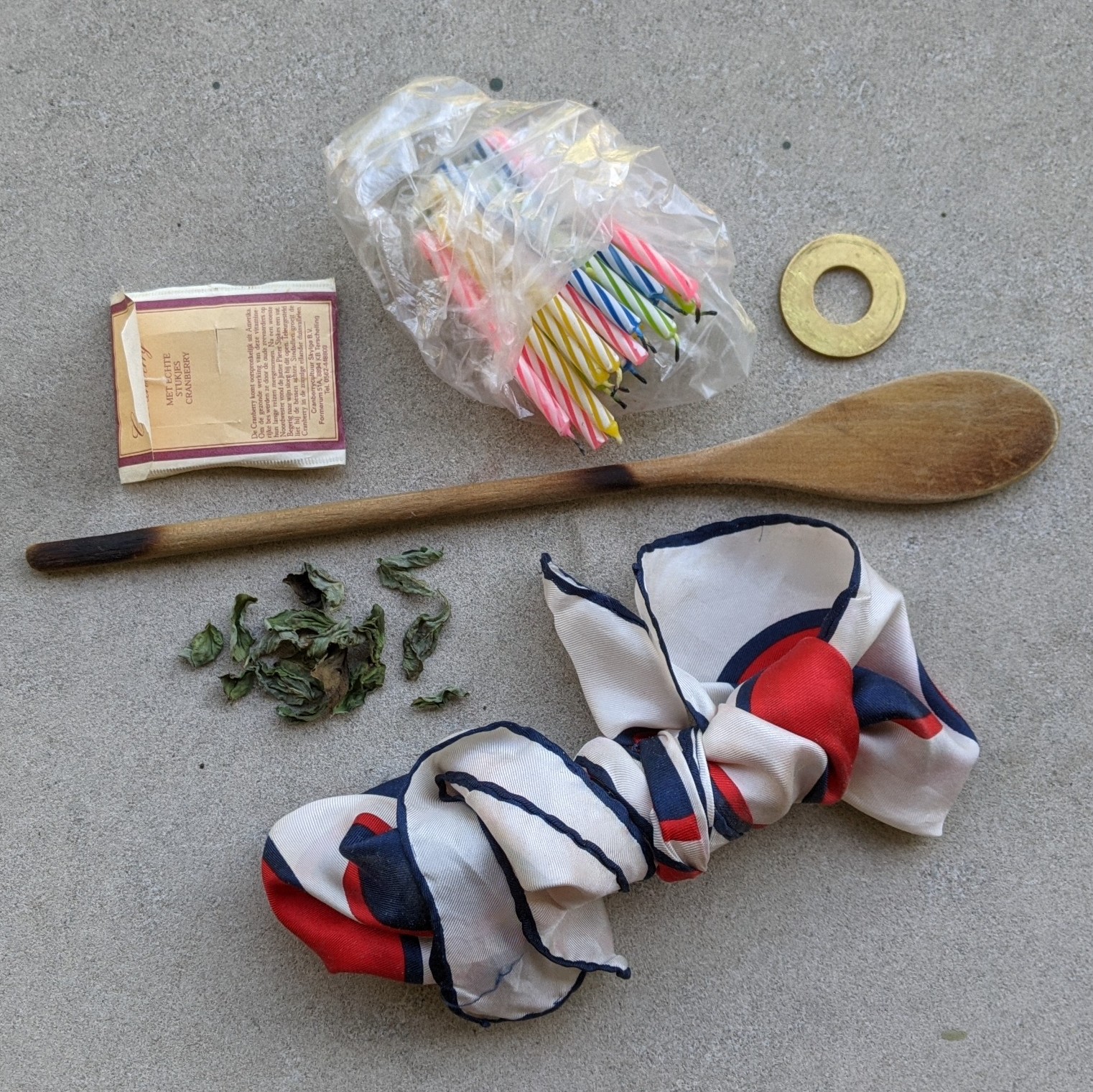
You Don't Need Proust to Smell GoodPrompt #37—Elizabeth Hoover
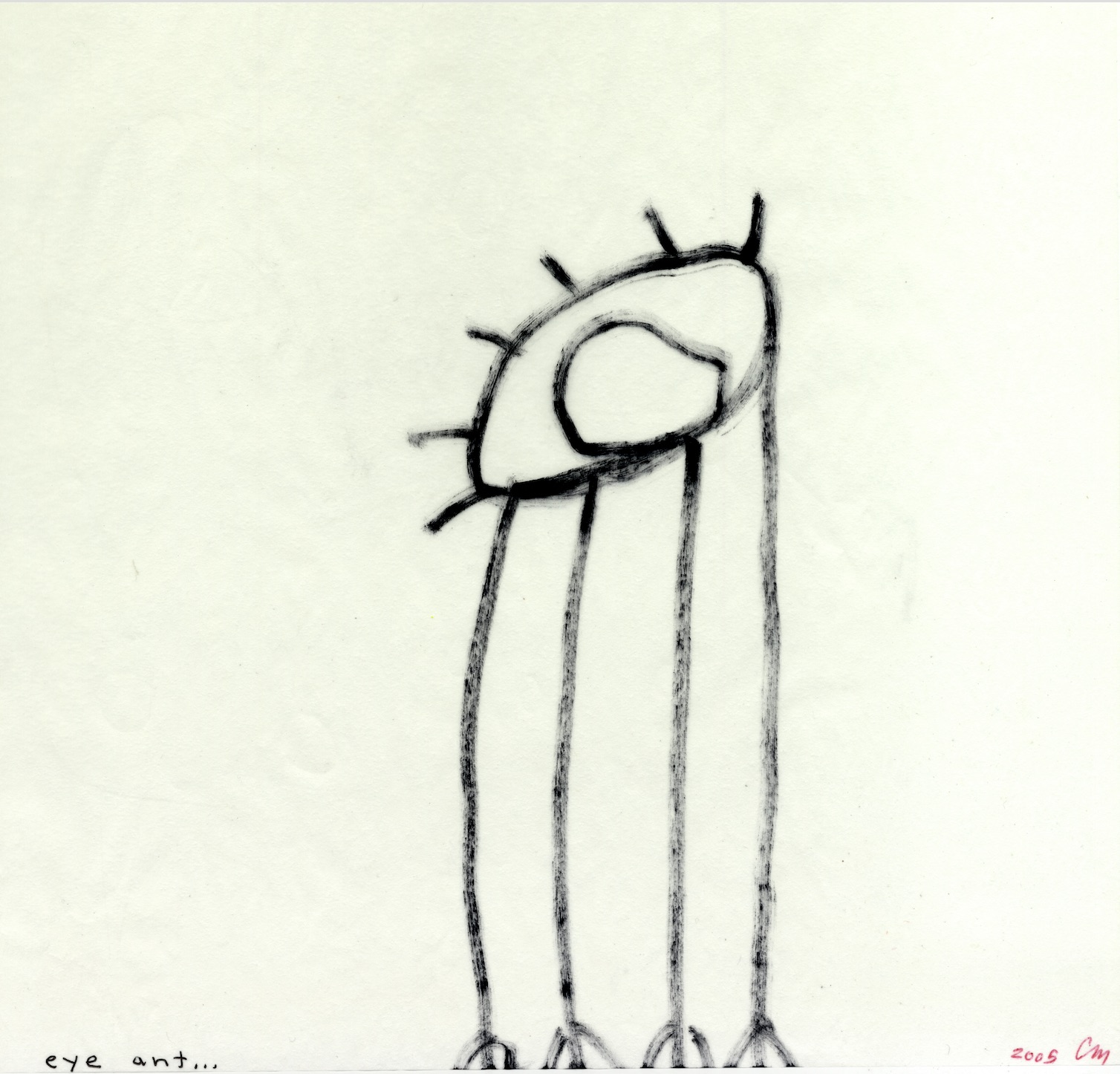
Find Your Own FormPrompt #36—Sawako Nakayasu

Tarot Recall: A Visionary Exercise for the PresentPrompt #35—Laurence Ross

Queers in Love at the End of the WorldPrompt #34—CJ Scruton
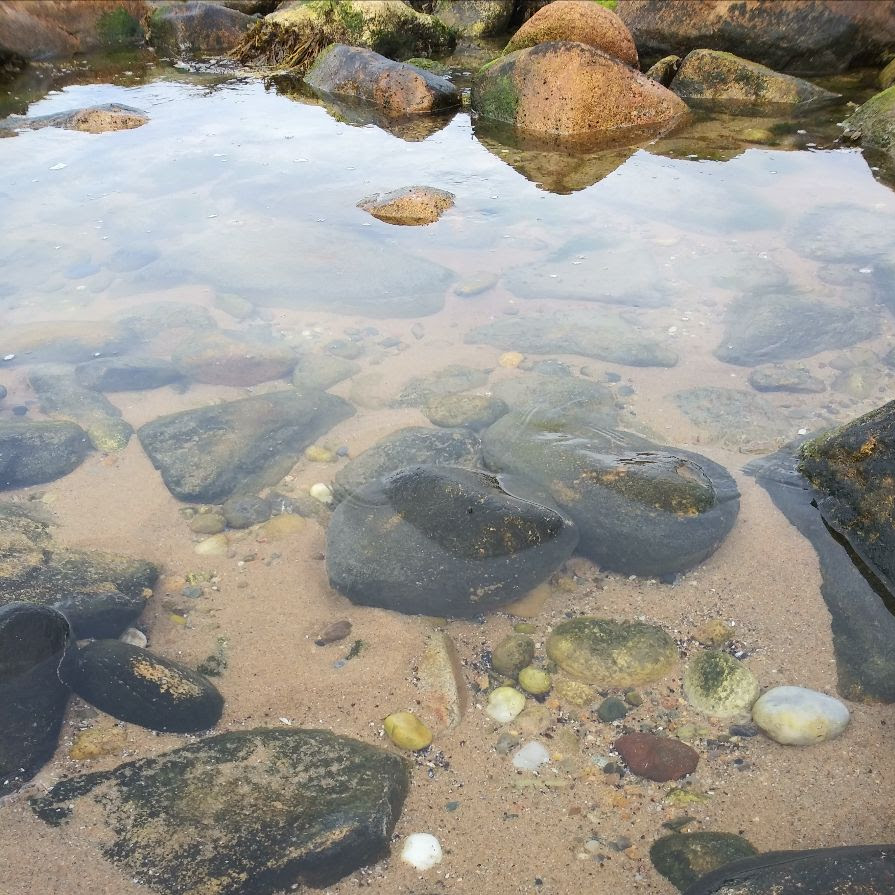
WORKBOOK FOR CHANGE: TWO PROMPTSPrompt #33—Kate Schapira
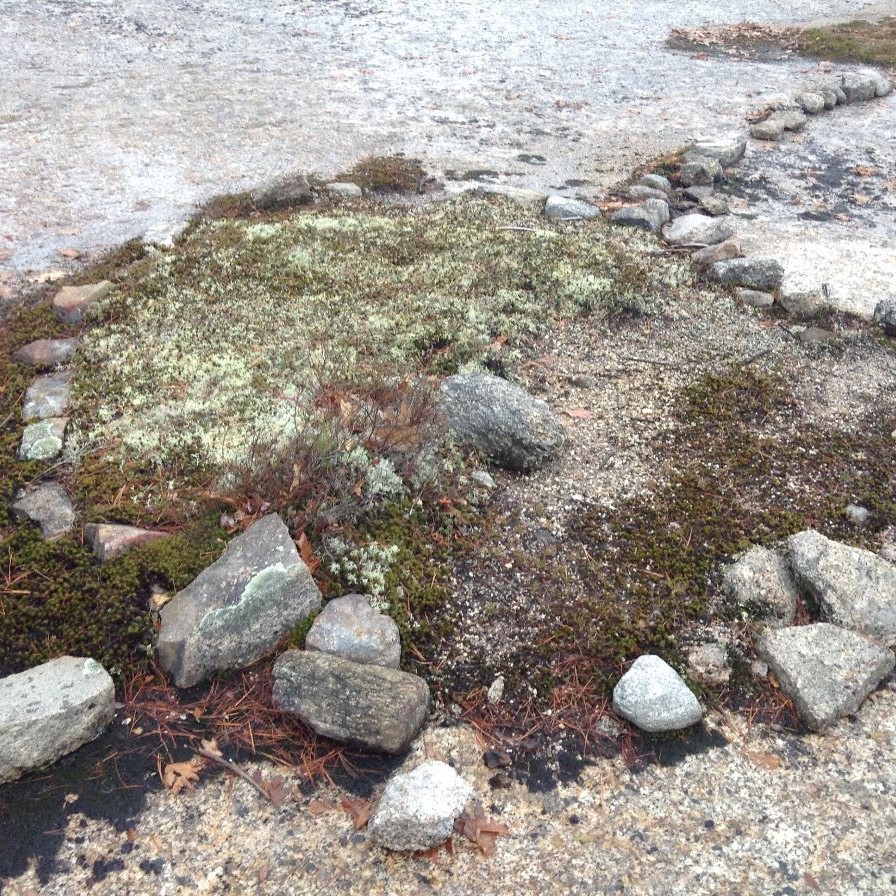
Preparation for the PromptPrompt #32—Lisa Fishman

Collage Your Own Writing PromptPrompt #31—Helen Hofling
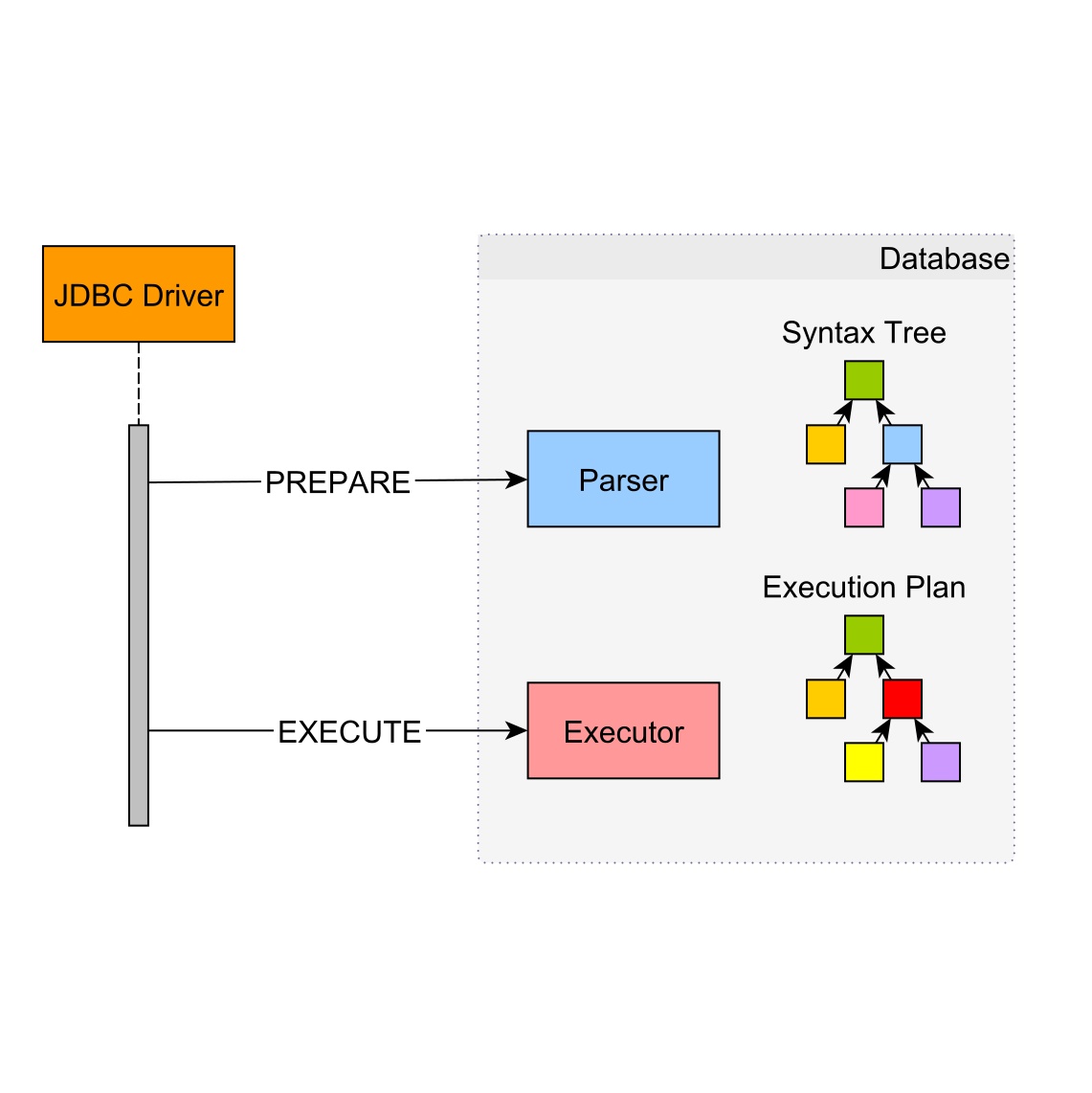
Prepared StatementPrompt #30—Mike Hauser
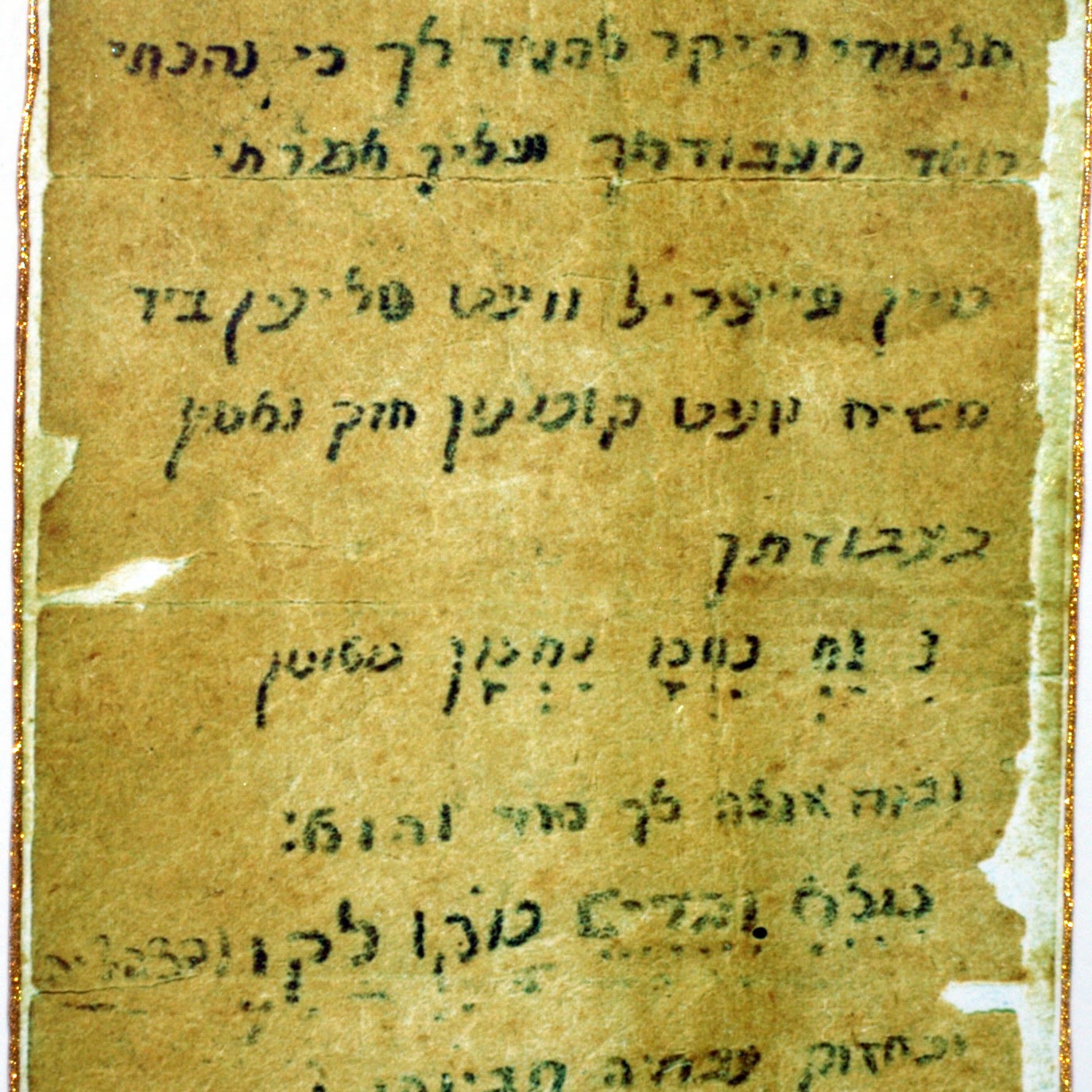
Repeat Repeat WritePrompt #29— Lewis Freedman
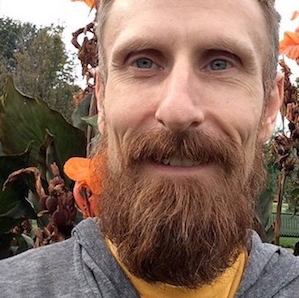
Poetic CorrespondencePrompt #28—Eric Baus

EKPHRASIS YOURSELFPrompt #27—Jennifer Nelson
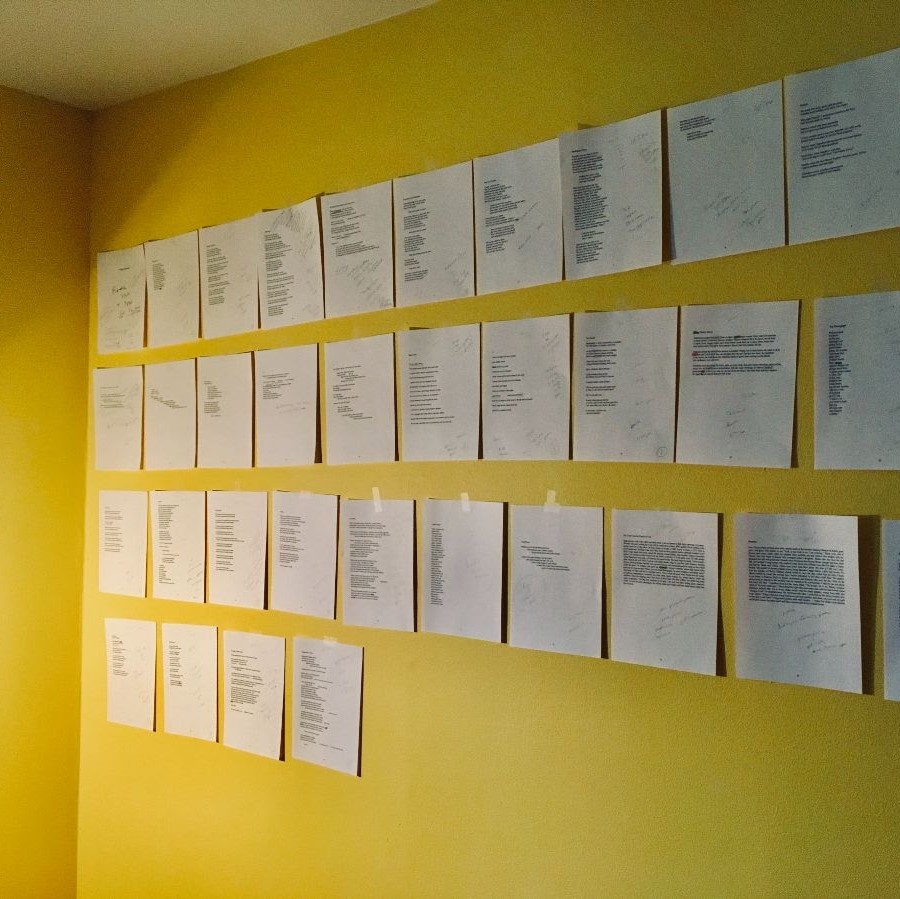
POETRY IS FOR THE PEOPLEPrompt #26—Angela Trudell Vasquez
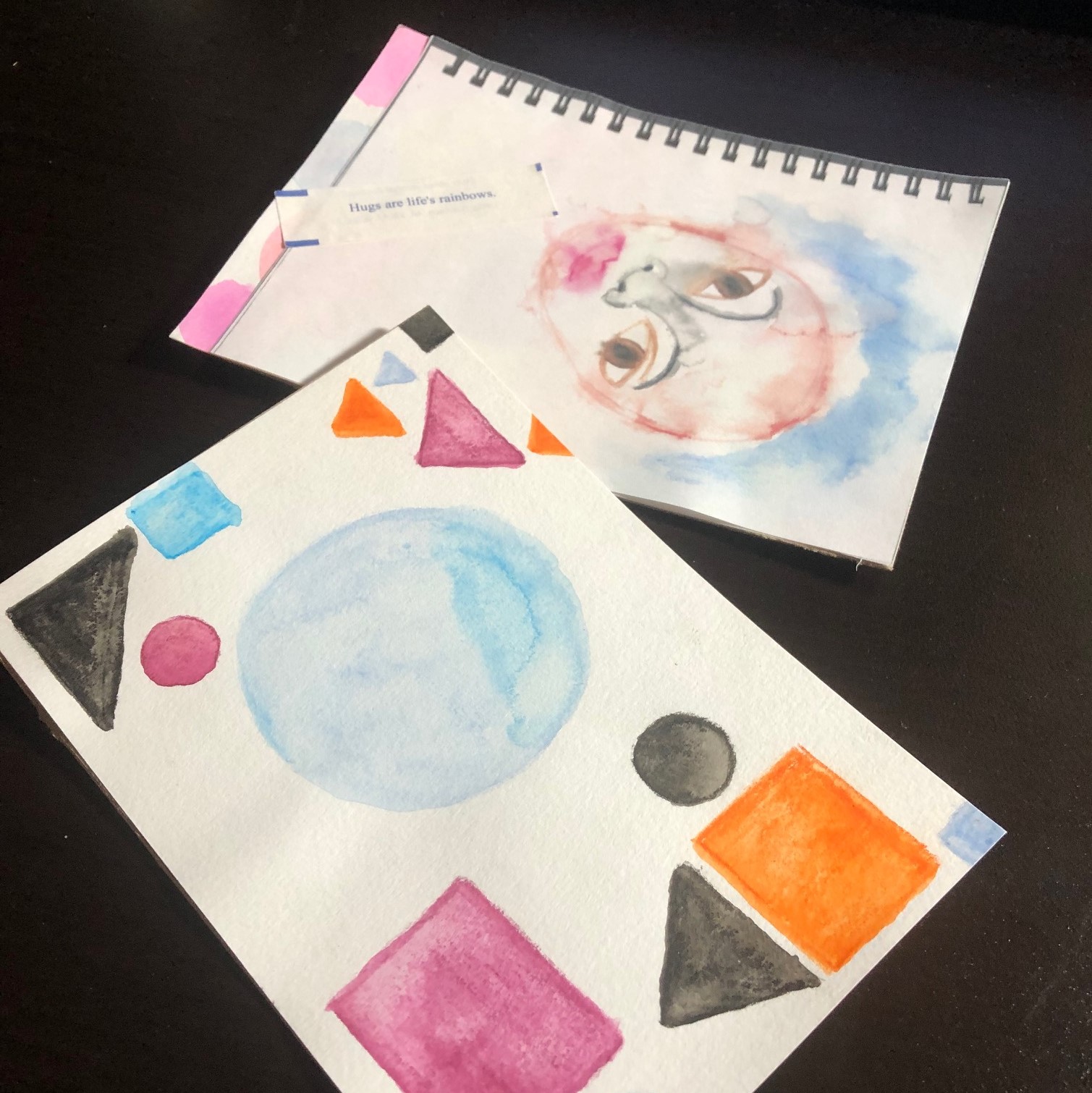
MAIL ARTPrompt #25—Siwar Masannat
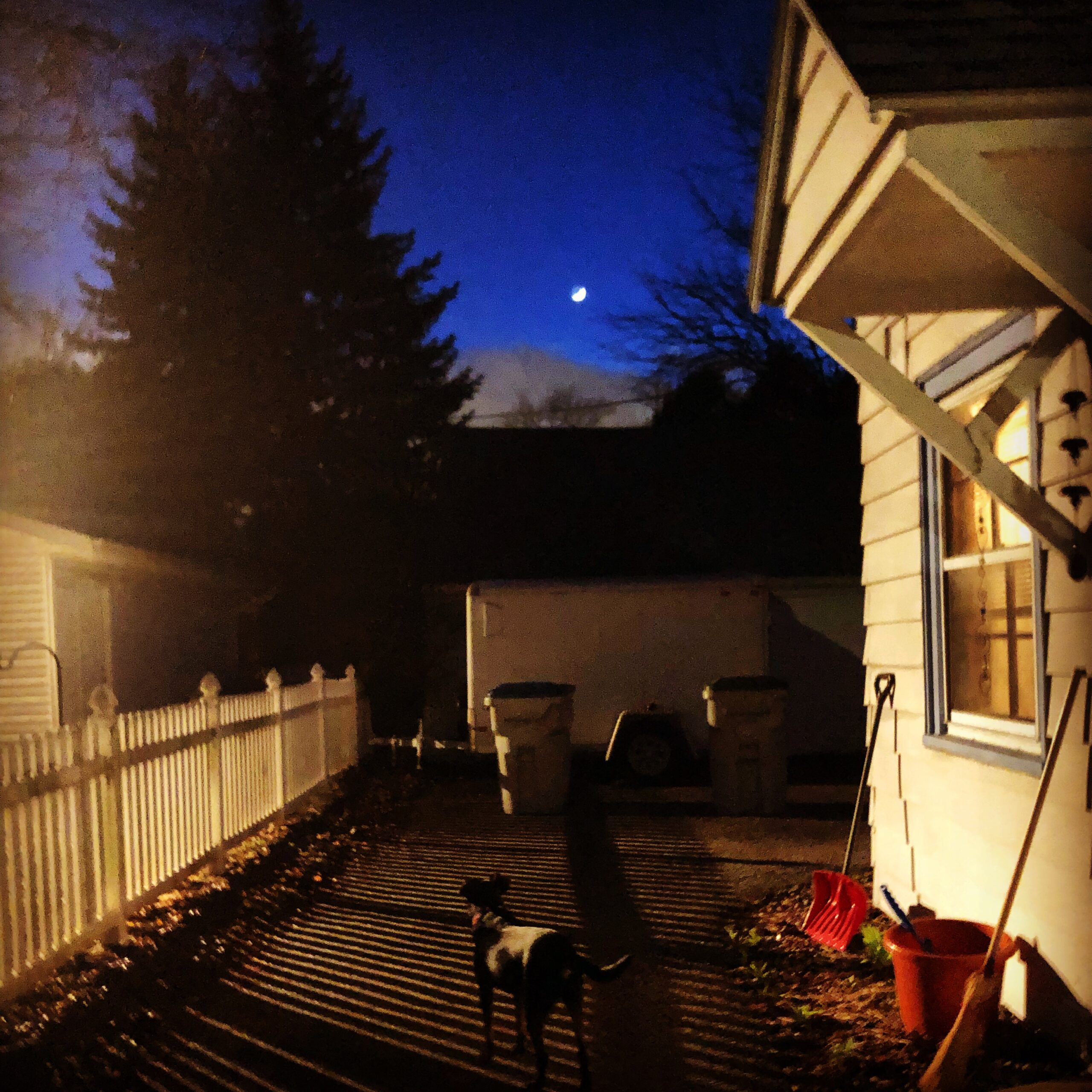
VISUAL POSTCARDSPrompt #24—Portia Cobb
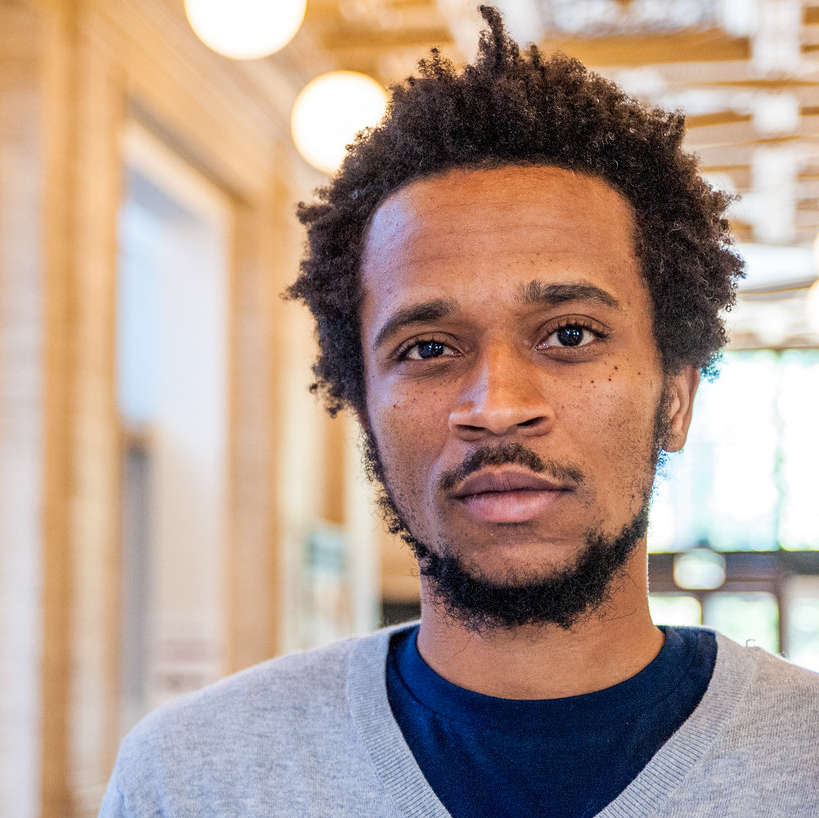
A [LONGER-TERM] DEEP LISTENING PROMPTPrompt #23—Jibade-Khalil Huffman

Humor as Medicine for the SoulPrompt #22—Mauricio Kilwein Guevara

Personification: A Social Justice PromptPrompt #21—Derrick Harriell

Ponge ExercisePrompt #20—Tyrone Williams
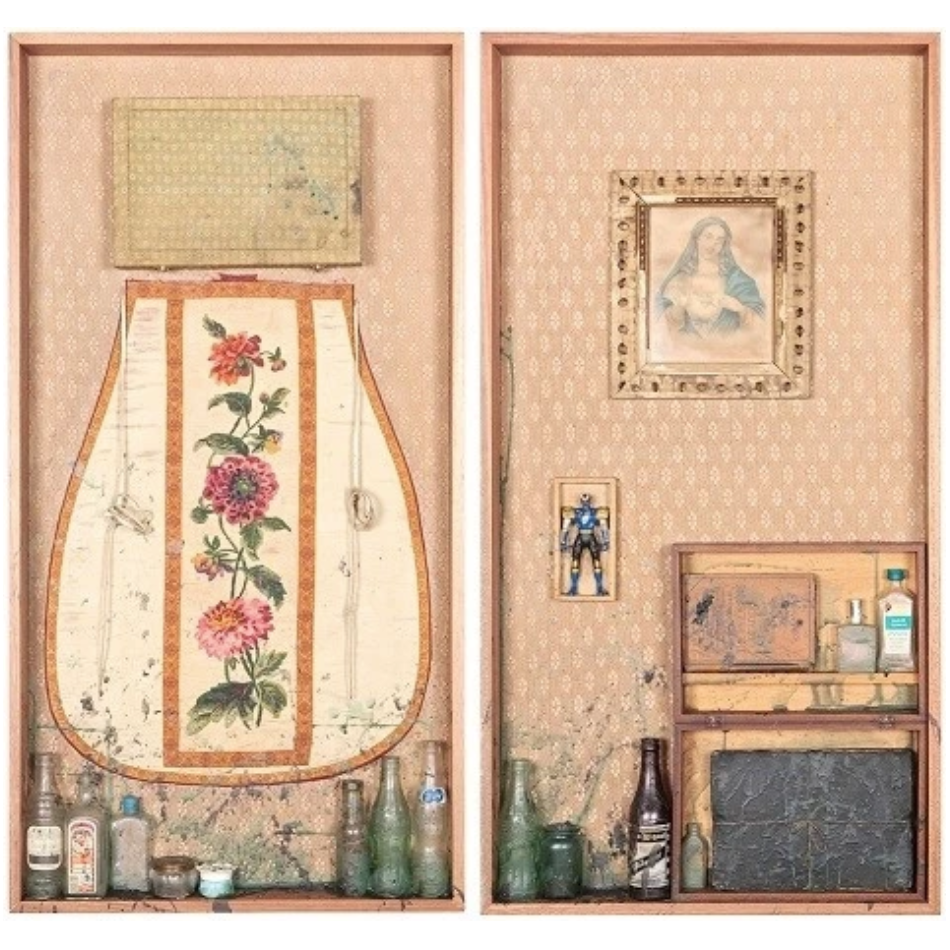
Occult DocupoesisPrompt #19—Kimberly Alidio
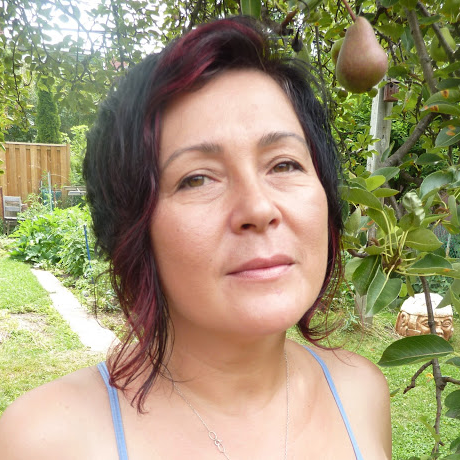
Junk Drawer SongPrompt #18—Hoa Nguyen

TALK TO THE POETSPrompt #17—Stacy Szymaszek
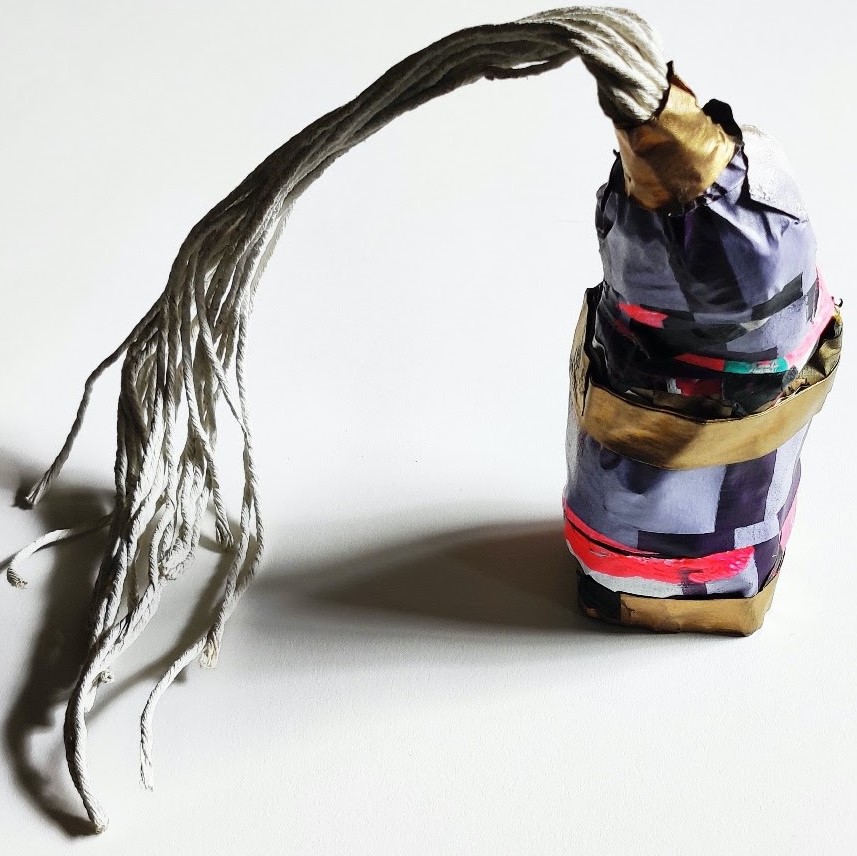
Make-Do Origin Stories & Concrete FuturesPrompt #16—Ching-In Chen
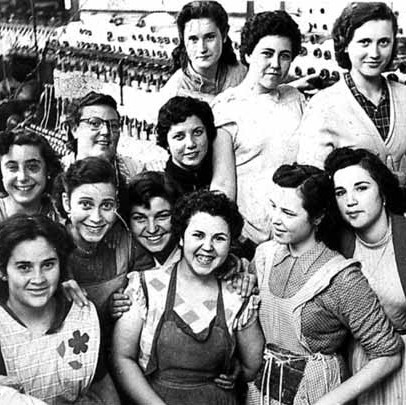
The Family PhotographPrompt #15—Rosa Alcalá

Writing Advice for Your Younger SelfPrompt #14—E.J. Koh
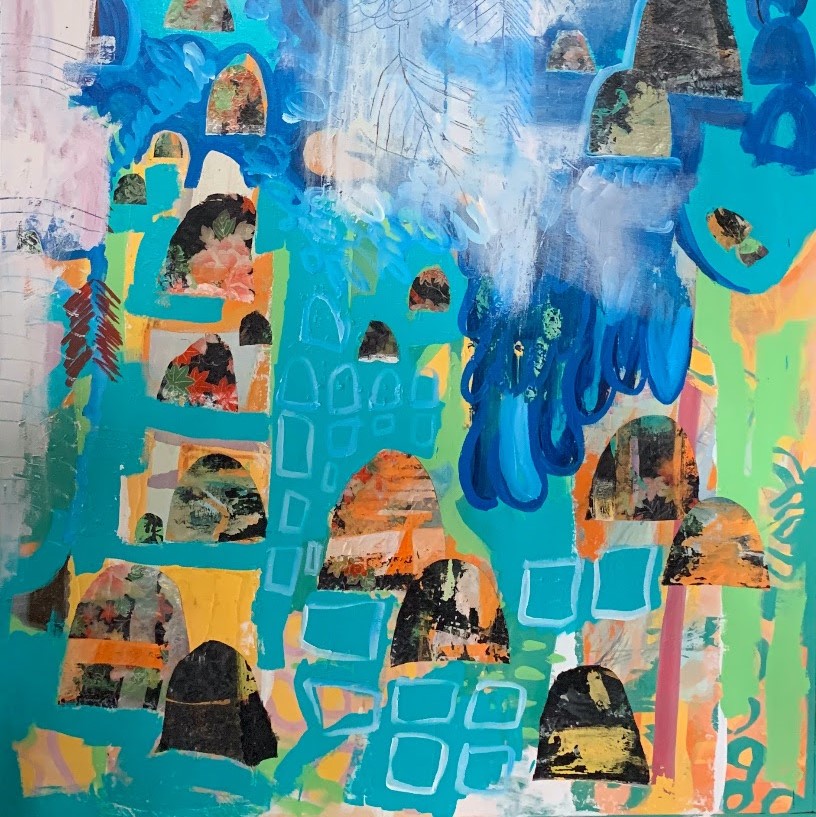
Note(s) to SelfPrompt #13—Stacy Blint
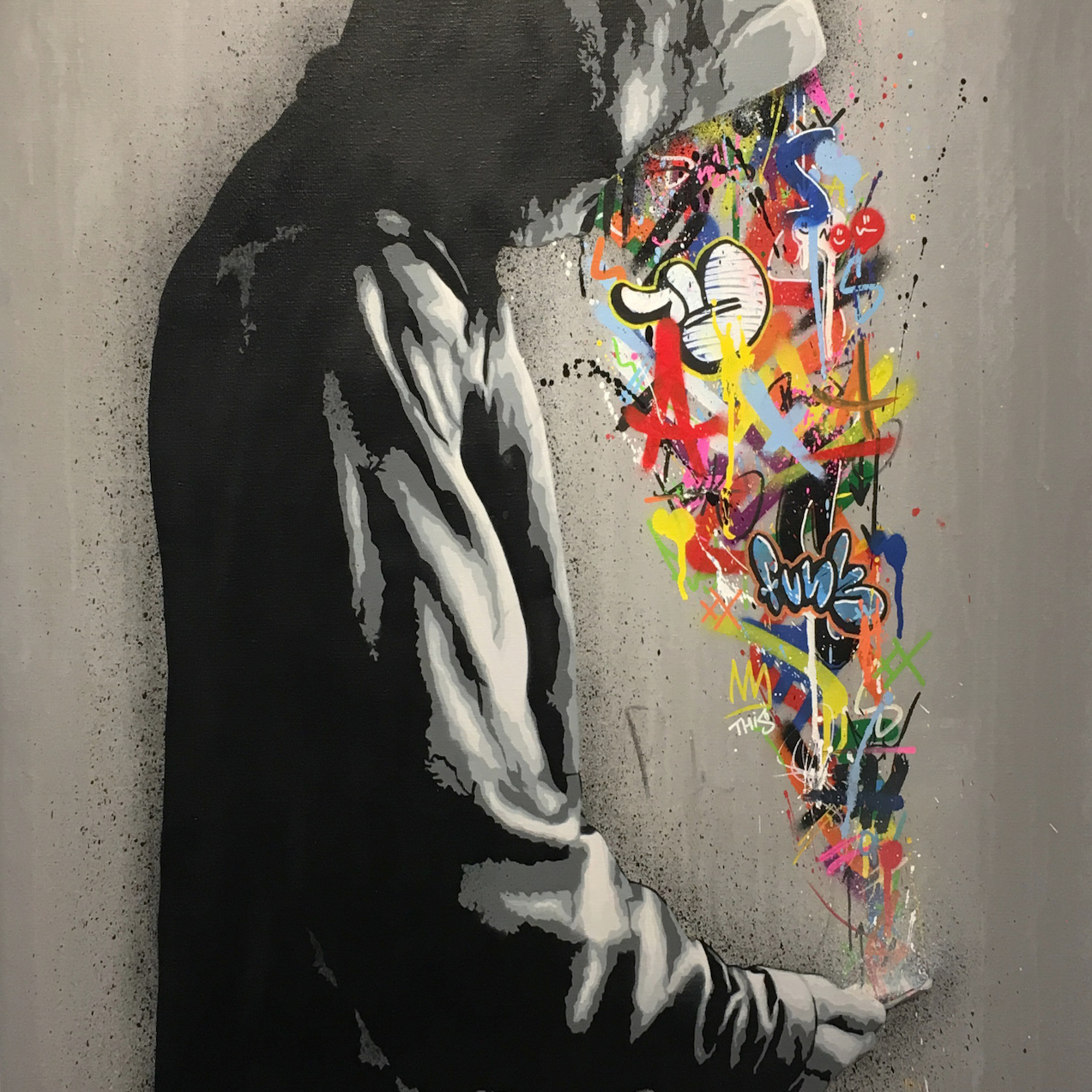
Embracing ConfusionPrompt #12—Bryon Cherry
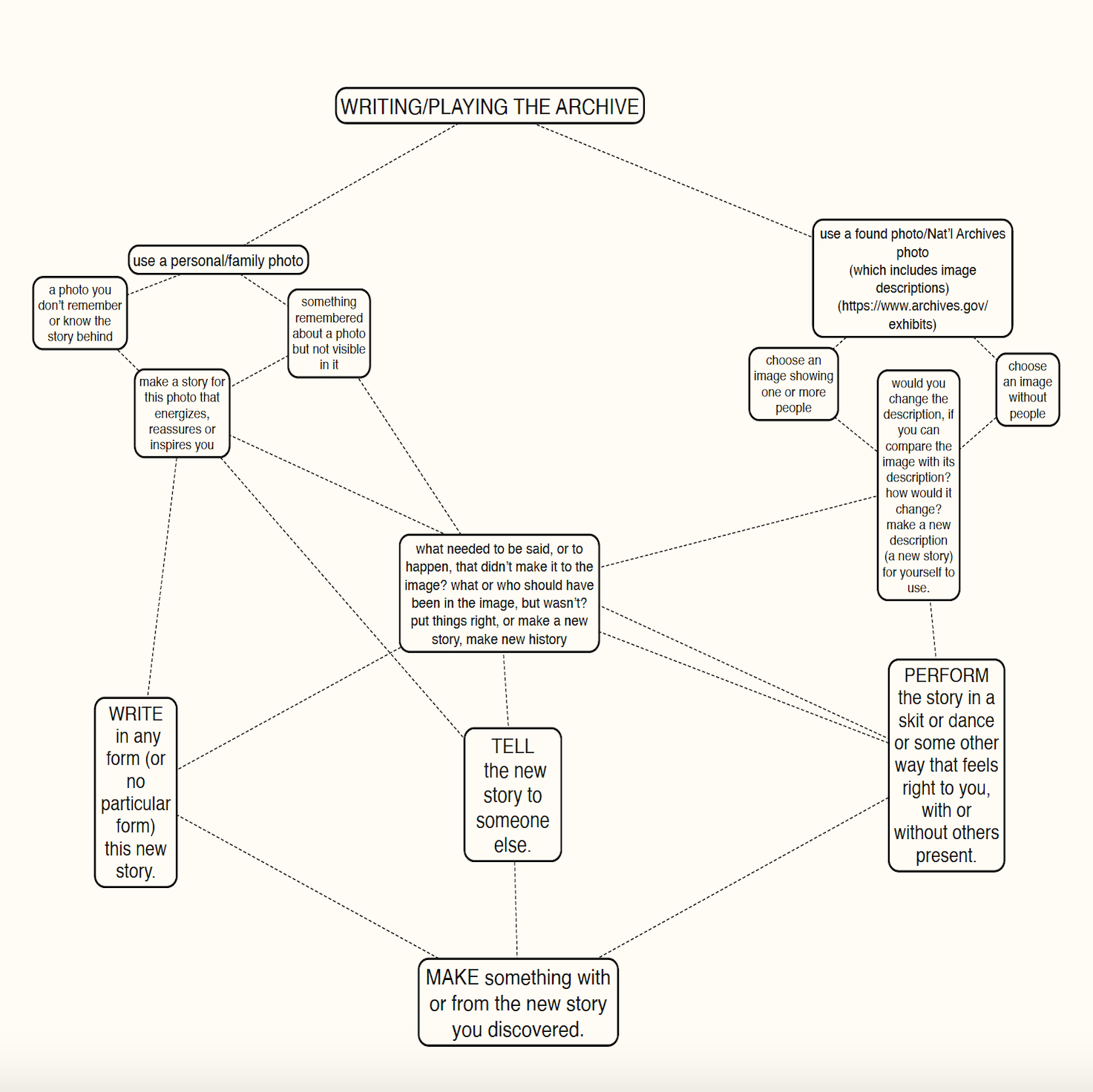
Writing/Playing the ArchivePrompt #11—Jay Besemer

CAPTURED & FREEDPrompt #10—Dasha Kelly Hamilton
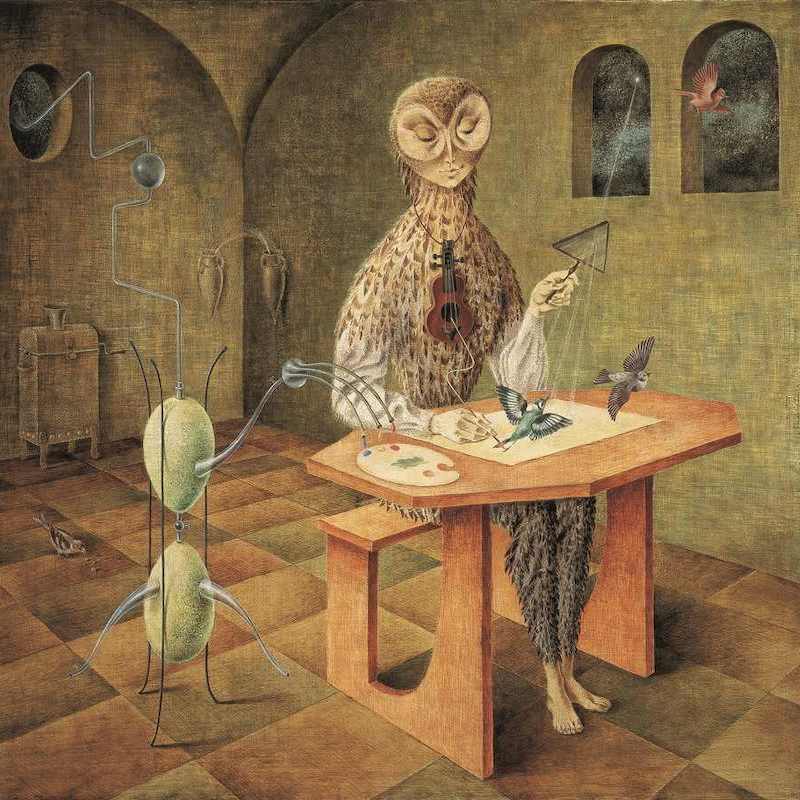
Poetic Exit StrategiesPrompt #9—Ana Božičević
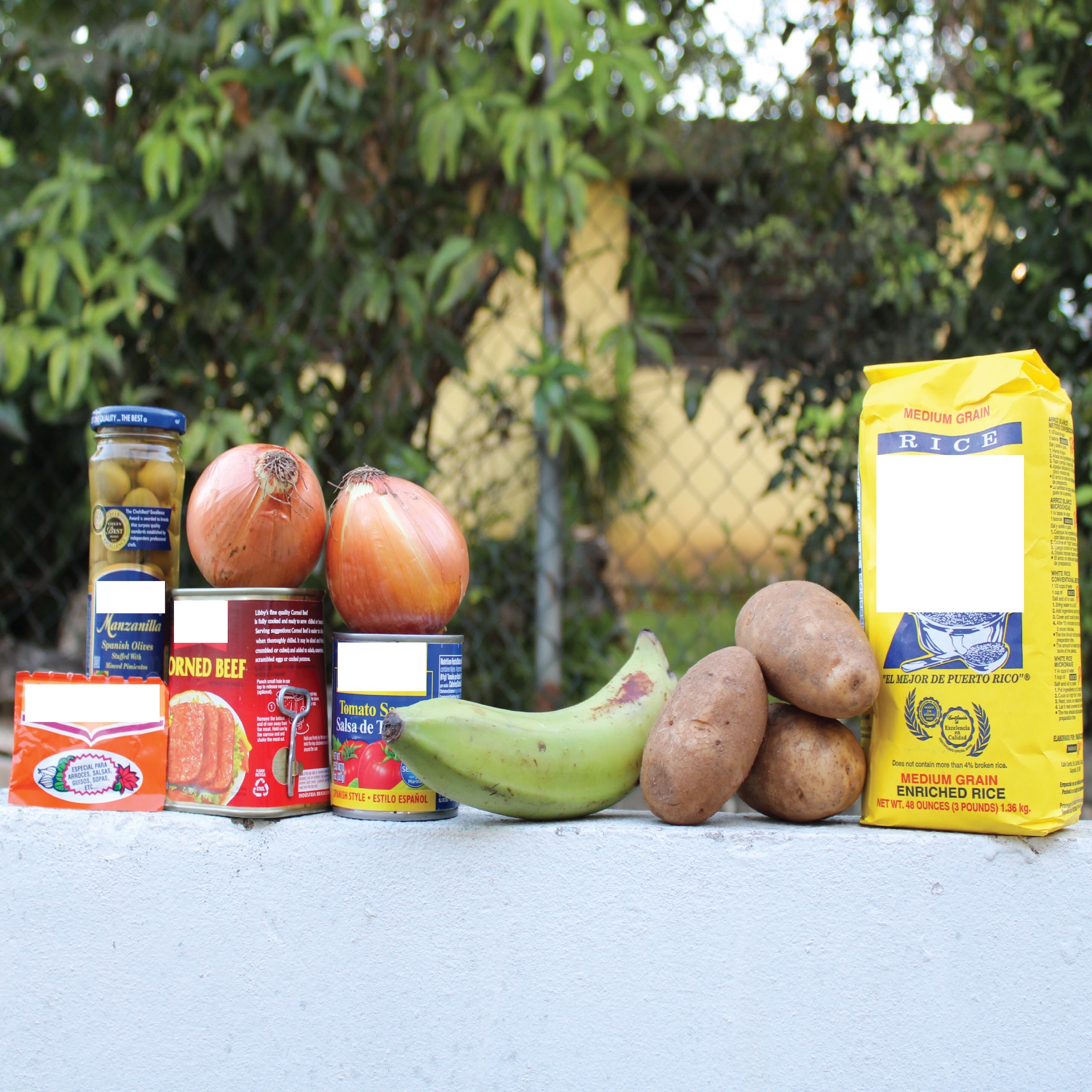
Proyecto ConbífPrompt #8—Erick "CK" Ledesma
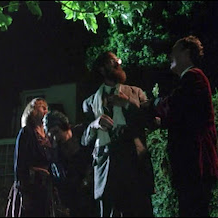
TRILOGYPrompt #6—CA Conrad

Utopian CompromisePrompt #7—Paul Druecke
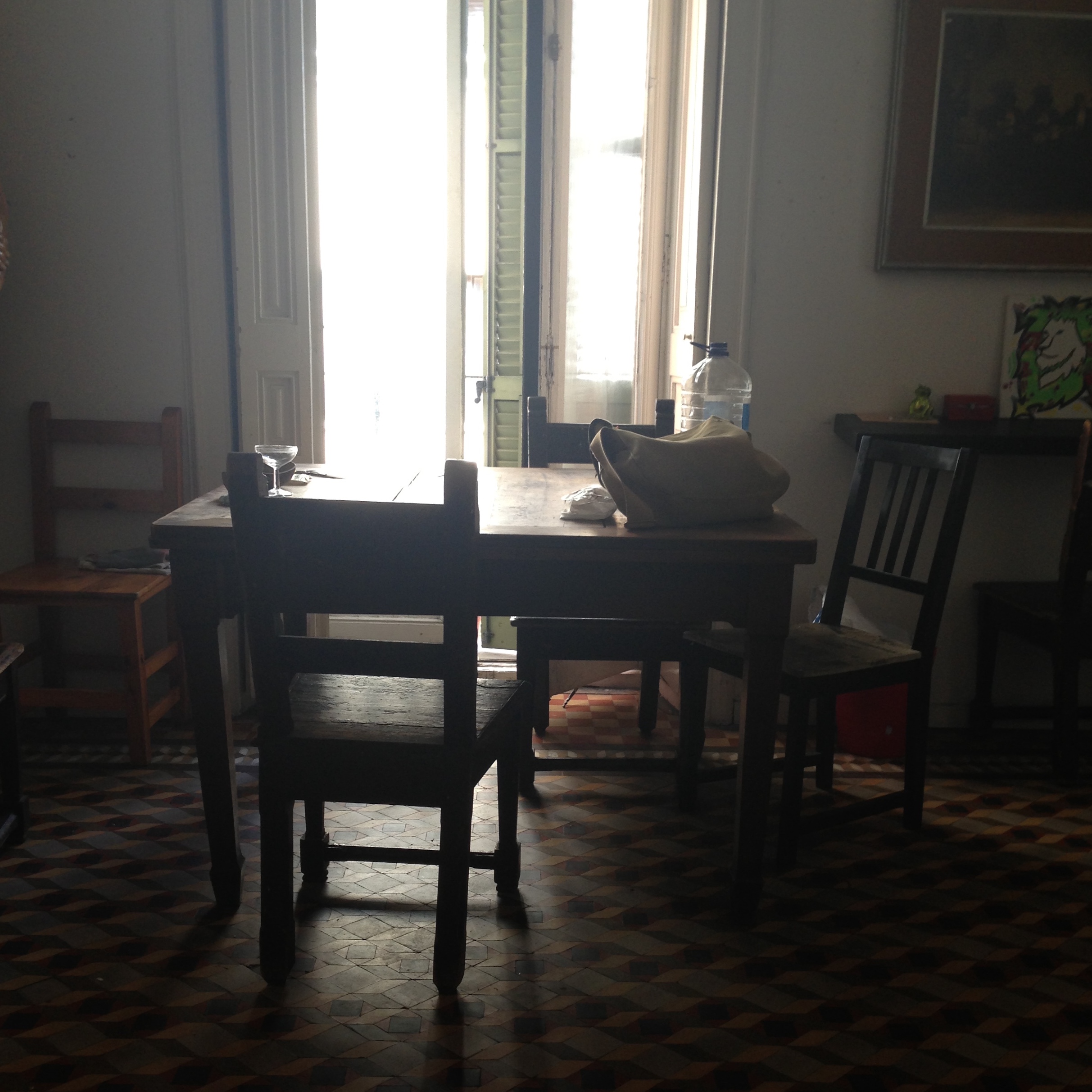
A Series of RoomsPrompt #5—Laura Solomon
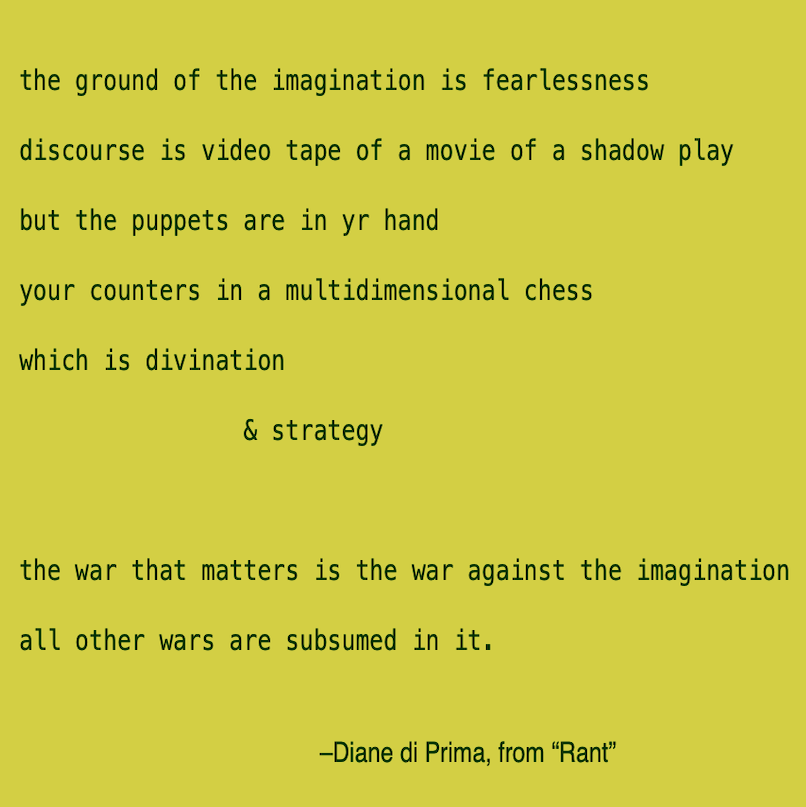
Two Variations on N+7Prompt #4—Jenny Gropp

T H E A P A R T / TOGETHERPOEMPrompt #3—Margaret Rozga
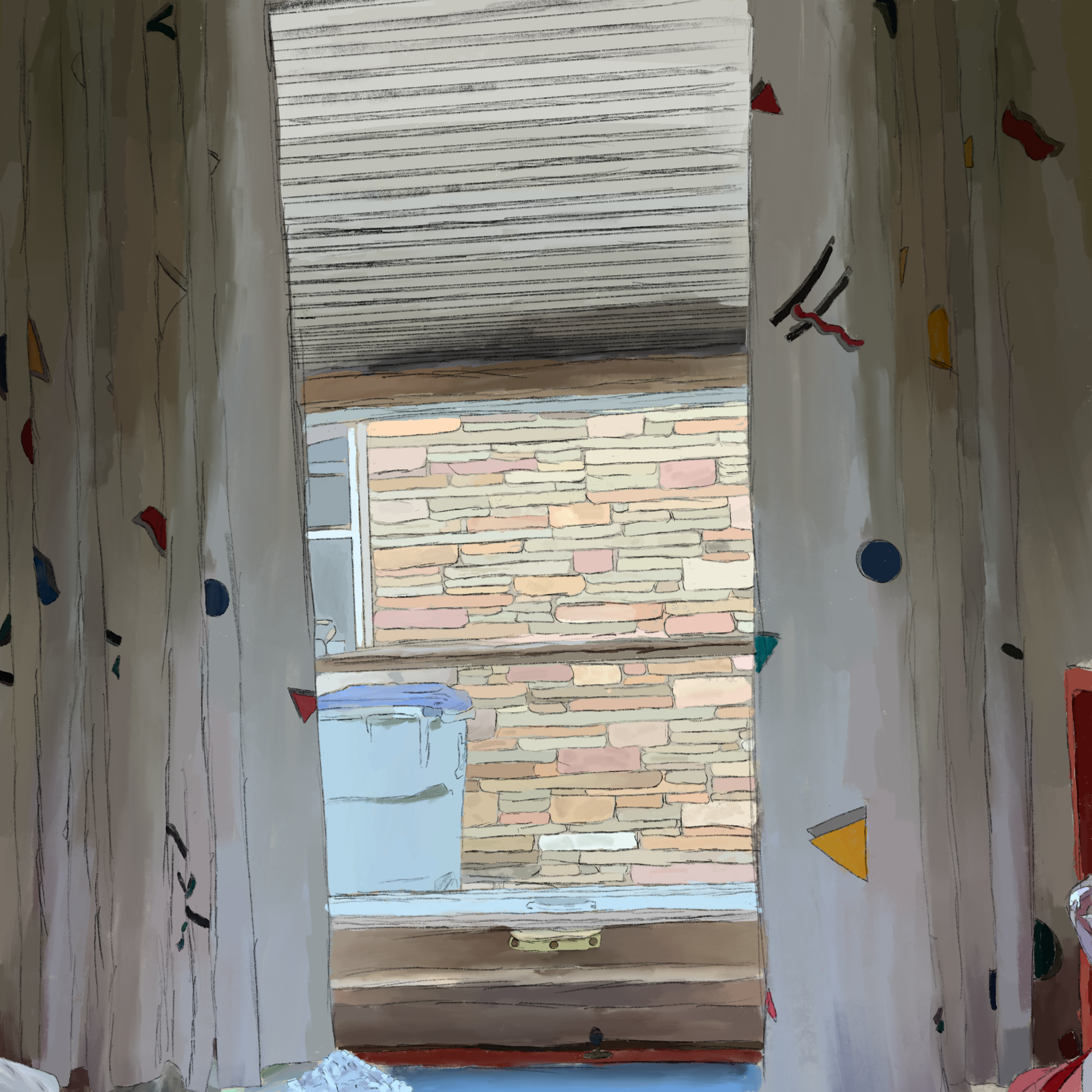
An Exercise in WindowsPrompt #2—Marla Sanvick
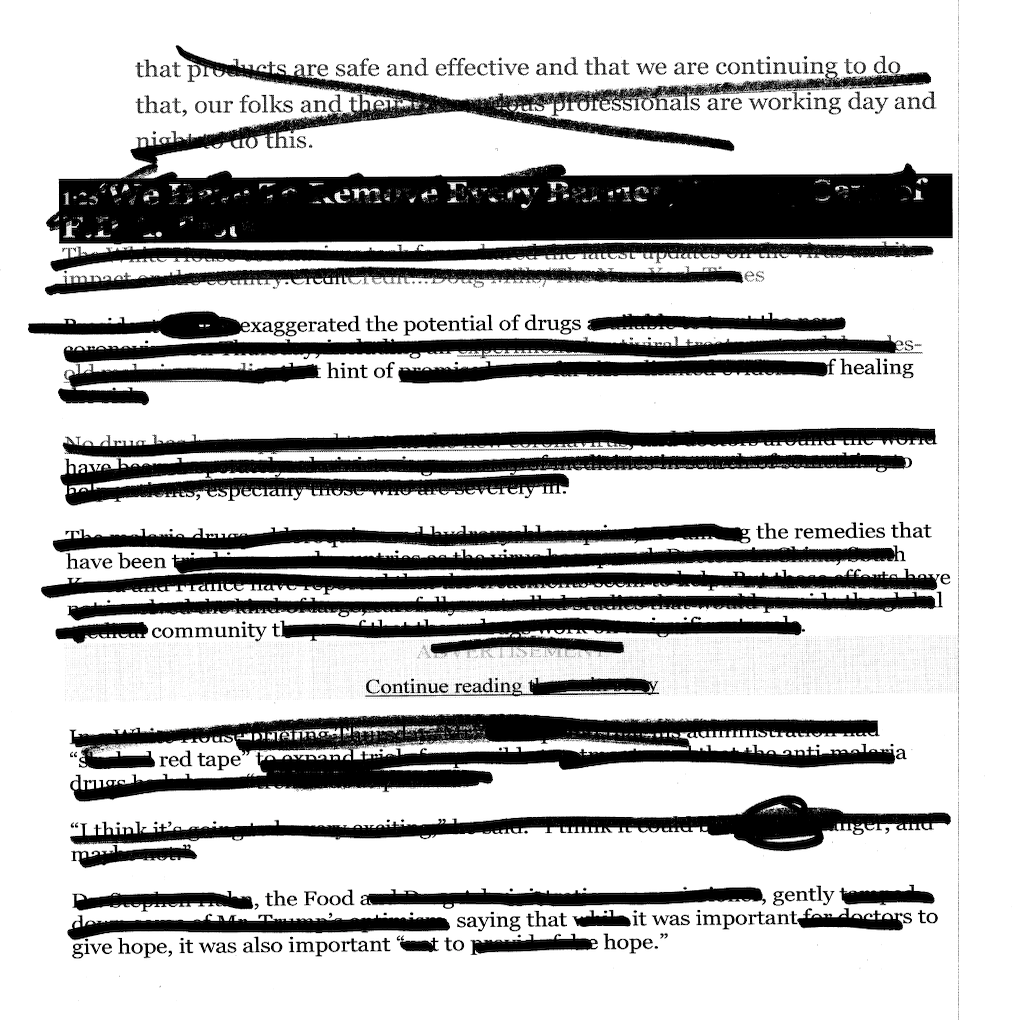
Erasuring AnxietyPrompt #1—Peter Burzynski
We acknowledge that in Milwaukee we live and work on traditional Potawatomi, Ho-Chunk, and Menominee homelands along the southwest shores of Michigami, part of North America’s largest system of freshwater lakes, where the Milwaukee, Menominee, and Kinnickinnic rivers meet and the people of Wisconsin’s sovereign Anishinaabe, Ho-Chunk, Menominee, Oneida, and Mohican nations remain present.
We further acknowledge the grave evil colonialism introduced to these lands through genocide as well as slavery, and also via racist and xenophobic beliefs, laws, and practices that continue to inflict harm upon Black, brown, and Indigenous lives. We honor those who have lived—and do live, now—at these intersections of identity and experience, and are committed to the active dismantling of white supremacy.
720 E. Locust Street
Milwaukee, WI 53212
Phone: 414 263 5001
Hours: Tues–Sun | 12-7 pm
Closed Mon
Building Accessibility: Despite the age of our physical location, and attendant limitations to access, Woodland Pattern is committed to making its programs and facilities available for as many as possible. Please call for more information.
Events Accessibility: Woodland Pattern is able to offer captioning services for its online events and with advanced notice can provide ASL interpretation for live events. Please contact us with accommodation requests and questions.
© Woodland Pattern 2025
